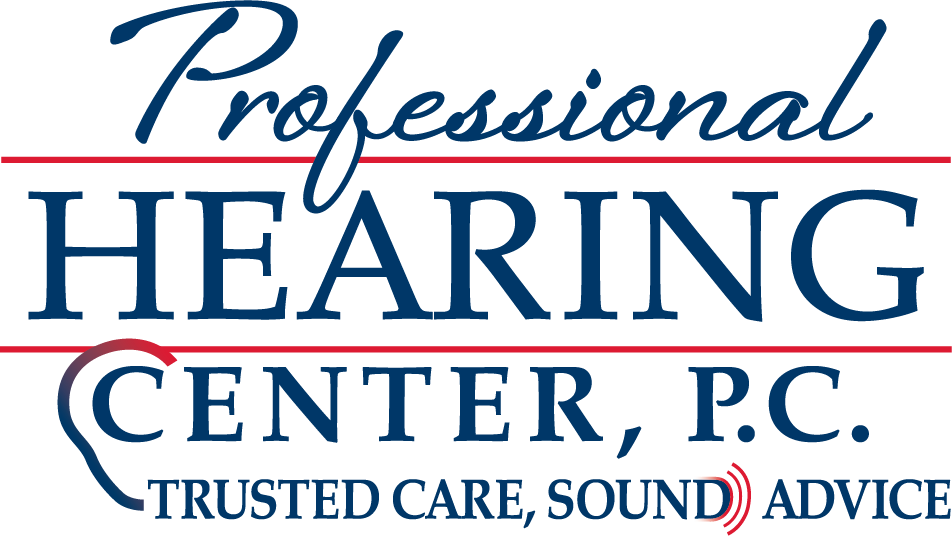
Remember way back when we used to refer to audiobooks as “books on tape”? Nowadays we have digital streaming services and the term “audiobooks” has become the familiar term. Audiobooks allow you to enjoy literature while on the go without having to sit down and actually read.
Take a modern approach to reading with audiobooks
With audiobooks, you don’t need to actually read a book, you can simply listen to it. It’s essentially like somebody is narrating the book for you. This format offers an immersive way to explore new concepts, get lost in captivating stories, or gain new knowledge. Audiobooks can also function as a source of auditory training.
What is auditory training?
You may be wondering, “What exactly is auditory training”? It’s a specialized practice aimed at enhancing your ability to process, perceive, and interpret auditory information. For people adapting to using hearing aids, this type of training can be particularly helpful. When someone experiences untreated hearing loss, their brain progressively becomes used to a quieter environment.
When new sounds are initially introduced, they can seem overpowering as a result.
Auditory training improves a person’s ability to process sound by helping the brain adapt to new sound inputs. For individuals who have auditory processing difficulties or language learning challenges, auditory training can also be very helpful. Rather than simply sharpening hearing, auditory training helps you make sense of what you hear.
How do audiobooks help with auditory training?
There are a number of ways in which audiobooks can help with auditory training:
- Speech Perception: Audiobooks provide real-time practice in comprehending spoken language. Unlike spontaneous conversations, you can rewind and replay sections to develop comprehension. Your ability to comprehend spoken words can be fine-tuned by this practice.
- Pronunciation Practice: For individuals with hearing loss, social separation can sometimes result in rusty communication skills. Communication will be more effective after listening to audiobooks because they help with pronunciation.
- Vocabulary Expansion: Exposure to a diversified range of words through audiobooks can improve your vocabulary.
- Listening Comprehension: Understanding spoken words involves content comprehension not simply hearing words. Audiobooks challenge your brain to connect words with concepts, which can enhance your ability to follow conversations in daily settings.
- Enhanced Focus: When individuals listen to audiobooks, their attention is engaged for longer periods of time. When somebody is attempting to adjust to a new pair of hearing aids, becoming reacquainted with sustained listening by using audiobooks can be really helpful.
Getting the most out of audiobooks as an auditory tool
Hearing specialists frequently recommend the pairing of an audiobook with a physical copy for maximum results. For new audio inputs, the adaptation process may be accelerated by this relationship between written and spoken words. The auditory training process will be improved by using audiobooks, making them a valuable complement to hearing aids.
Where to find audiobooks
It’s easier than ever before to access audiobooks. There is a wide array of audiobooks available on streaming services like Audible and other platforms like Amazon. Additionally, with the convenience of smartphones, you can listen to audiobooks wherever you are, whether you’re at home or out and about.
If you’re struggling to find a suitable audiobook, podcasts offer a similar auditory experience on a wide range of subjects. They are also an ideal way to engage your mind while improving your hearing.
Linking your hearing aids to audiobooks
Bluetooth connectivity is a fairly common feature on many types of hearing aids these days which allows them to have a wireless link to your phone. This feature ensures a high-quality, seamless auditory experience by allowing you to stream audiobooks straight to your hearing aids.
Your hearing specialist is the first place to begin
If you’re thinking about introducing audiobooks into your auditory training regimen, it’s a good idea to talk to your hearing specialist. They can provide individualized advice and help you make the most of this resource to enhance your auditory skills.
Reach out to us today to explore how audiobooks can support your hearing journey.
